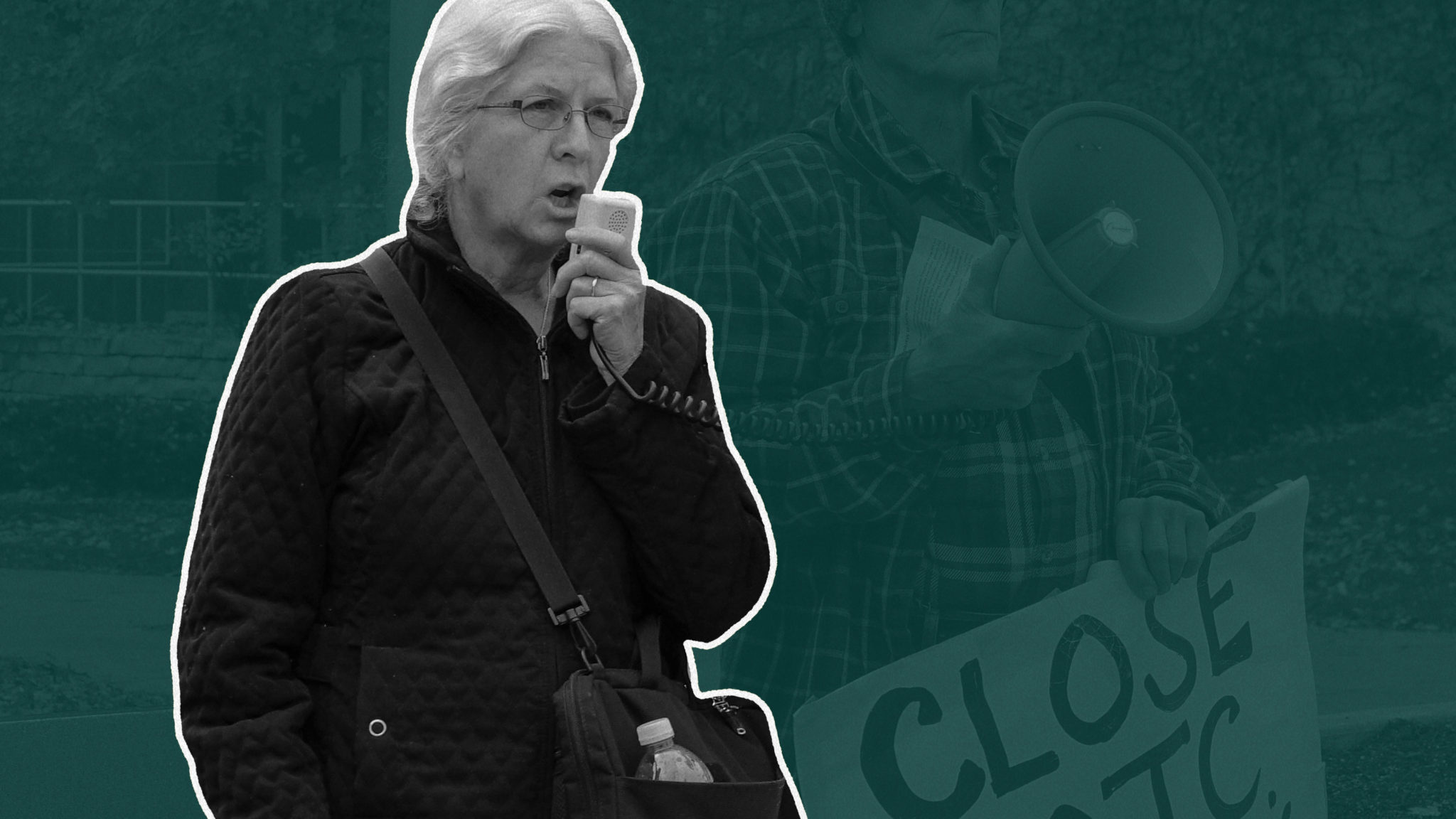
“Everyone says forgiveness is a lovely idea, until they have something to forgive,” wrote C.S. Lewis.
Indeed, the idea of forgiveness is noble, but when it comes down to actually forgiving this person who has harmed us in a very specific (and painful) way, it’s not easy — to say the least.
And forgiving a parent for past (or current) harms can be particularly difficult because our parents are meant to care for us and protect us, to be people we can turn to with our own difficulties. When that care was (or is) lacking, it can feel like a deep betrayal. Plus, in general we as children desire a relationship with our parents. What does, or can, that look like when there is a history of deep hurt?
Keep in mind that forgiveness is not the same as reconciliation (which takes two people), but sometimes must be offered unilaterally. It is a difficult process, but it is also freeing. Forgiveness doesn’t mean forgetting, condoning, or approving the harm done, and it goes hand and hand with setting healthy boundaries. Seeking out therapy and empathizing with the other person’s own struggles helps.
With all of that in mind, here are 5 ways to go about forgiving a parent who has harmed us.
Seek out therapy for the particularly difficult things to forgive
A good therapist or counselor can be a strong ally in the process of forgiveness and healing, especially if your background includes abuse, neglect, or serious trauma. Or even if it doesn’t, a therapist can help if you’re getting emotionally stuck or feeling unable to “go there” into past events. And therapists can help with the complicated process of setting boundaries with parents.
Discern whether and how to address hurts directly with a parent
In our outreach to adult children of divorce, the question often comes up of whether it’s advisable to share directly with a parent the harm a child has experienced, in an effort to seek their apology and foster a stronger, more authentic relationship. This is a very delicate question and the answer depends on a multitude of factors. We know people who have been able to have this kind of hard conversation with their parent(s) and received the tremendous gift of deeper mutual understanding and a strengthened relationship.
But there are many situations in which it’s not advisable to share one’s pain directly with a parent. Perhaps the parent has reacted with strong anger or rejection at earlier, smaller attempts at sharing a particular grievance. Or perhaps the parent has made it clear that he or she takes no responsibility for the impact of the family’s breakdown on the other family members. As much as we may desire to hear the words “I’m sorry” for the ways a parent has hurt us, unfortunately that is not always possible.
In these cases, it can still be deeply healing to find a way to put into words your experience of pain, hurt, and loss. This could take the form of writing a letter to your parent(s) (which you may never send), or even writing to God in a journal. Or it could look like sharing your painful experiences with a trusted friend who can receive your wound with compassion and understanding; retreats and support groups can offer the same kind of support.
Accept the limits of your relationship with your parent(s)
One of the most difficult experiences that many adult children of divorce have is accepting the fact that they may never have the kind of “easy,” life-enriching, and nurturing relationship they want with their mom or dad. Related to this is accepting — if their parents split up early — that they will never have the kind of childhood they may have desired, with mom and dad together under one roof. It can be an emotional trigger to hear about friends’ stable childhoods, to see happy intact families portrayed in media, or to see a peer’s kind and mutually loving relationship with a parent.
The absence of these experiences is something to grieve because they are genuine losses and not what any child deserves. In terms of moving toward forgiveness, it’s a hard but important step to acknowledge and accept that your parent may never be able to give you what you desire from that relationship. This can particularly be the case if the parent is living with mental illness or has made choices to distance himself or herself from the rest of the family.
It is an amazingly mature act of kindness and even mercy when a person can accept with gratitude the amount of love or attention a parent can give them, even if it’s far less than what their heart desires.
Realize that forgiveness is an act of the will, not a feeling
Sometimes people may think they are “failing” at forgiveness because they still feel anger toward the person, or still feel hurt because of their actions. But forgiveness is not a feeling — it is an act of the will, offering mercy toward the person who has harmed us and wishing them well and not harm.
Depending on the magnitude of the hurt(s) being forgiven, we may be working to offer forgiveness toward the person while still grappling with feelings such as anger or hurt. And that’s okay. Those “negative” emotions are indicators that an injustice has happened. For our own sakes, we want to work toward cultivating peace in our hearts and releasing bitterness and anger, but it’s a process — don’t be discouraged in your quest to forgive if you still feel strong emotions toward that person.
Turn to spiritual sources of strength
Finally, back to the C.S. Lewis quote about forgiveness being lovely until you actually have something to forgive: that line comes from a series of radio addresses that Lewis gave in the midst of World War II. His fellow Englishmen were suffering the daily terror of the Blitz and Europe was reeling from daily bloodshed and the atrocities of genocide. That context gives added weight to Lewis’s acknowledgement that forgiveness — and in particular, forgiving one’s enemies — can seem like a “terrible duty … to be greeted with howls of anger.”
He goes on to say that he did not invent the concept of forgiveness, but that he finds “right in the middle” of Christianity the words, “Forgive us our sins as we forgive those who sin against us.”
In other words, only in light of the Christian faith and witness of Jesus does forgiving those who have hurt us make any sense — and seem possible. This hopefully is a source of comfort: We don’t have to forgive “on our own,” but can ask for the Lord’s help in this task that at times seems utterly impossible or even ridiculous.
We’ve served many adult children of divorce who often have much to forgive, and we’ve seen them find strength through practices such as prayer, receiving the Sacrament of Reconciliation, and meditating on Jesus’ words from the cross: “Father, forgive them; for they know not what they do.”
Forgiving anyone who has hurt us is not easy — that’s doubly true when it’s a parent. But it is always worthwhile, and the freedom of heart we can gain from forgiving is worth every effort.

























